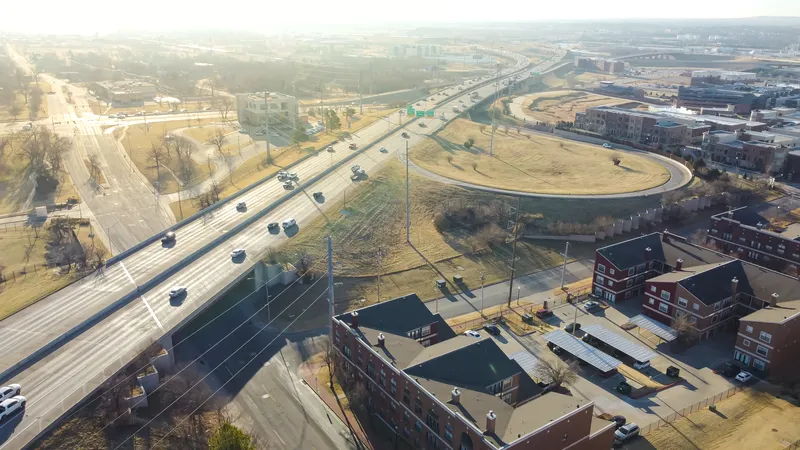Drivers on the Delhi-Mumbai highway are to benefit from electronic toll collection (ETC) from August this year.
According to the highways ministry, ETC using RFID tags will be implemented on toll plazas across the golden quadrilateral (GQ), a highway network connecting many of the major industrial, agricultural and cultural centres of India. There are about 80 toll plazas on the entire GQ. Toll plazas on east-west and north-south corridors would be brought under the scheme by October.
To begin with,
February 21, 2014
Read time: 2 mins
Drivers on the Delhi-Mumbai highway are to benefit from electronic toll collection (ETC) from August this year.
According to the highways ministry, ETC using RFID tags will be implemented on toll plazas across the golden quadrilateral (GQ), a highway network connecting many of the major industrial, agricultural and cultural centres of India. There are about 80 toll plazas on the entire GQ. Toll plazas on east-west and north-south corridors would be brought under the scheme by October.
To begin with, at least one toll lane on each side of the corridor will be enabled to process RFID tags so that commuters don't have to stop at gates to pay in cash. "The installation of hardware at toll plazas will be expedited. Every time an RFID tag user crosses a toll plaza, there will be an alert on the name of the plaza and how much toll has been deducted from the card," said an official.
While many new vehicles produced after January this year have inbuilt RFID tags, they will also be available at toll plazas, petrol pumps and even at banks.
"Introduction of ETC will prove far more helpful for cargo operators since they can get instant alerts to find the exact location of their vehicle. It will also help in checking vehicle theft and detecting crimes," said an official.
According to the highways ministry, ETC using RFID tags will be implemented on toll plazas across the golden quadrilateral (GQ), a highway network connecting many of the major industrial, agricultural and cultural centres of India. There are about 80 toll plazas on the entire GQ. Toll plazas on east-west and north-south corridors would be brought under the scheme by October.
To begin with, at least one toll lane on each side of the corridor will be enabled to process RFID tags so that commuters don't have to stop at gates to pay in cash. "The installation of hardware at toll plazas will be expedited. Every time an RFID tag user crosses a toll plaza, there will be an alert on the name of the plaza and how much toll has been deducted from the card," said an official.
While many new vehicles produced after January this year have inbuilt RFID tags, they will also be available at toll plazas, petrol pumps and even at banks.
"Introduction of ETC will prove far more helpful for cargo operators since they can get instant alerts to find the exact location of their vehicle. It will also help in checking vehicle theft and detecting crimes," said an official.









